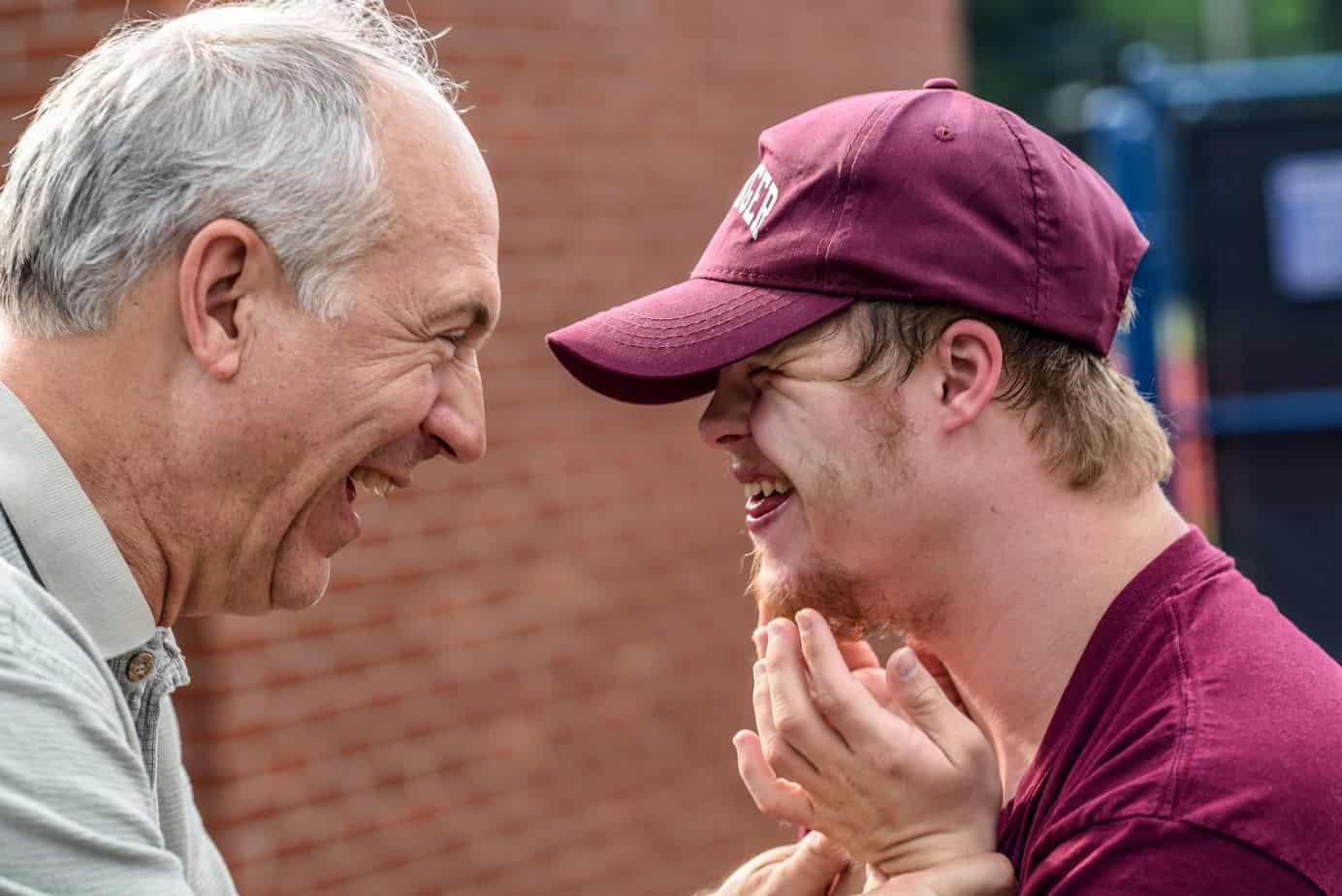What Is Relationship-Based Care?
Photo by Nathan Anderson on Unsplash
How relationship-based care made it's way to Stephen's Place and why it's so important for our residents.
“You can fill a position with a pulse but you just can’t translate heart." - Angie Roush
A few moments of conversation with Angie Roush, VP of Residential Life will tell you everything you need to know about the heart of the Stephen’s Place team. They highly value positive and encouraging relationships and are focused on providing a personalized, intentional experience for each resident. The Stephen’s Place team has been carefully assembled with individuals who have a genuine passion to serve this community and are committed to making a difference in the lives of others.
What is Relationship-Based Care?
At Stephen's Place, we highly value taking the time to get to know each and every one of our residents and their families. By partnering with the residents and their families, caregivers learn to anticipate medical and physical demands and what will set them up for success:
What are their likes/dislikes?
What special hobbies or interests do they have?
Do they have any unique communication capabilities?
What does their daily routine look like?
Do they need grooming assistance?
What activities do they look forward to?
Do they enjoy social events?
What are their trigger/stress points?
What activities or events should we avoid?
Do they like music? If so, what is their favorite?
Do they like sports? Who is their favorite team?
While the questions may seem stodgy, they are essential in helping us discover what makes each resident come alive.
Joe is a regular in our day program, while he is learning Sign Language with the rest of the residents, Joe is non-verbal and thrives communicating with friends and family with signs of his own design. It is through intentional relationship and positive engagement that his caretakers have come to understand his unique signs and are able to clearly communicate with him.
In getting to know Lily, Angie learned the names of her siblings. In a conversation sometime later, Angie was able to identify each sibling’s name without prompting or help. Lily was quick to ask “how did you know that?”
Peter doesn’t like picking up his apartment. However, when help shows up and provides just the right music, he gets moving and before he knows it, the work he wasn’t looking forward to is done!
Molly isn’t a morning person at all, many days she struggles to find the motivation to get up and get her day started. All it takes is a visitor stopping by to open up her blinds and she’s up and on her way.
Johnny loves his job, he is a hard worker and his team and customers appreciate his enthusiasm and warm approach. Johnny’s caregivers have learned that while he would work every day if he could, he tires quickly. With this knowledge, they work closely with his employers to ensure he maintains a schedule of no more than 20 hours/week.
Relationship-based care is a key focus because it allows us to look at care in a holistic way; meeting the medical and physical needs of each resident while providing them with fulfilling, engaging, positive life experiences.
At the end of the day, each resident is a life, a person, an individual. Seeking out and discovering what makes each individual come to life, is what drives us to be better, do better and provide only the absolute best.

